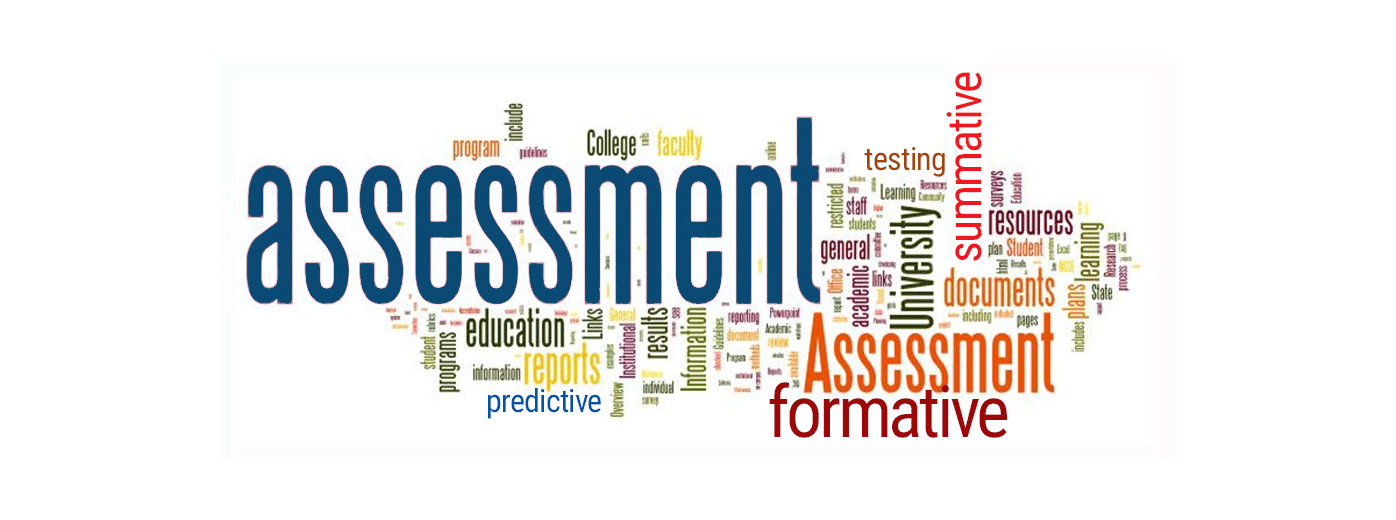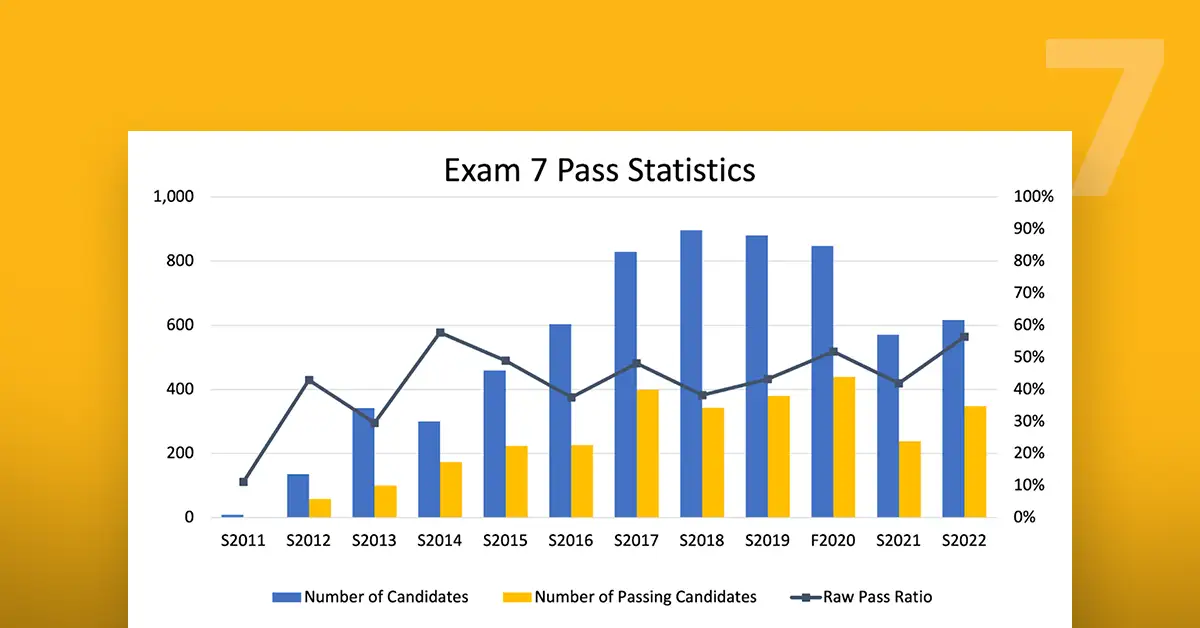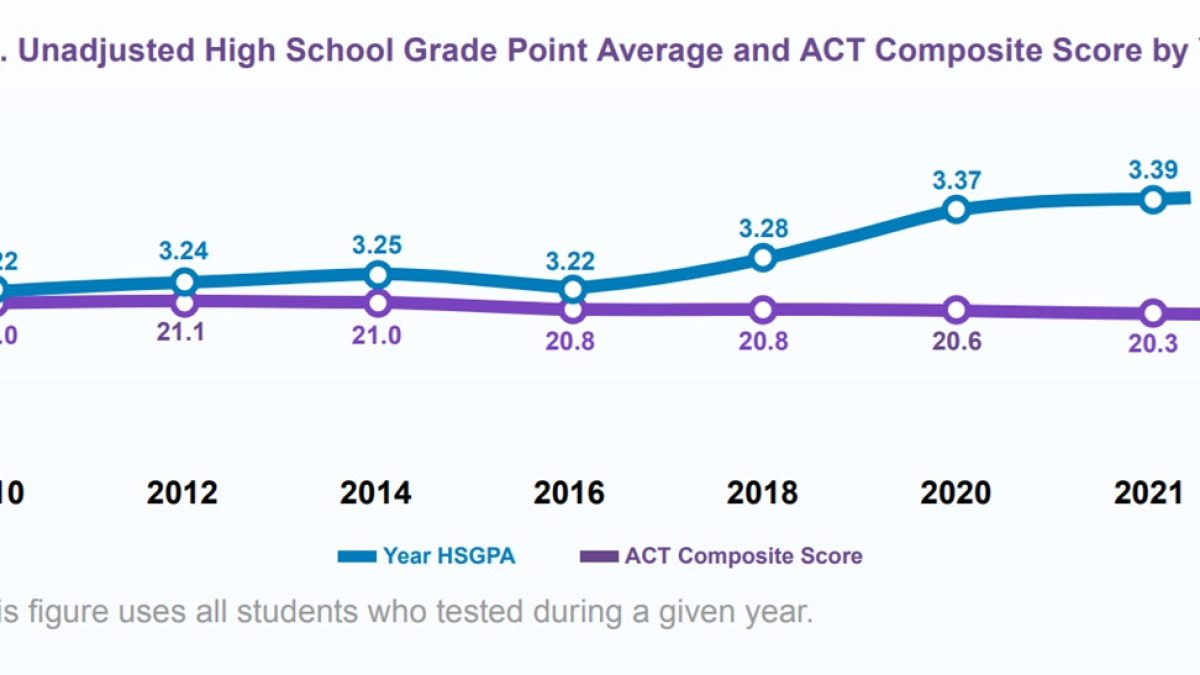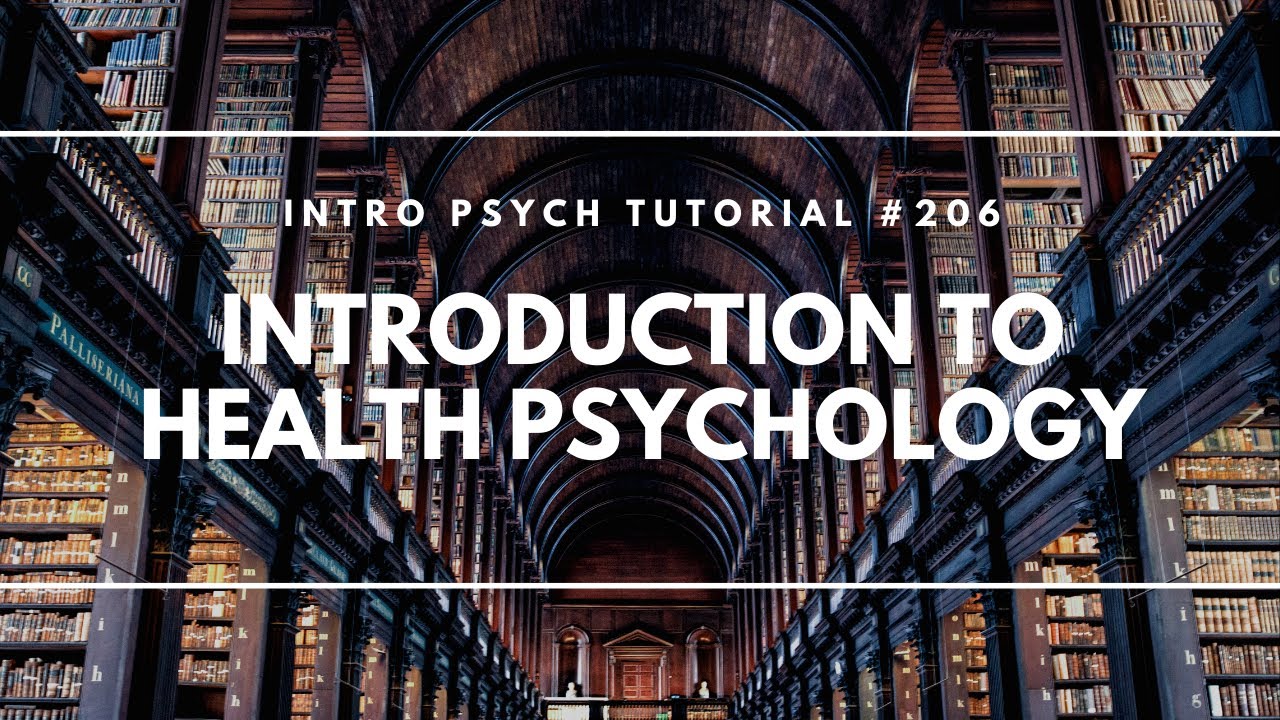Assessment is the act of collecting, understanding and utilizing self-reported information about what students learn. Assessment is one of the most important aspects of education as it enables educators to monitor student progress, determine which areas need improvement and empowers decision making regarding instruction.
Types of Assessment
Formative Assessment:
Provide students with regular assessments as feedback on their learning progress.
Range: quizzes, exit tickets, class discussions
Summative Assessment:
Assesses student learning at the end of a unit or a course.
For example, tests, homeworkContinue reading at: exams, projects, research papers.
Diagnostic Assessment:
Discovers what skills and knowledge students already possess to help guide instruction.
Use case: pre-tests, diagnostics quiz.
Assessment Strategies There are different assessment strategies educators may utilize to assess student learning:
Traditional Assessments:
Multiple-choice tests
True/false quizzes
Fill-in-the-blank questions
Short-answer questions
Essay exams
Assessments Related to Performance:
Projects
Presentations
Portfolios
Performances
Labs
Authentic Assessments:
Real-world tasks and problems
Simulations
Case studies
Role-playing
A Good Assessment Is Key
Data Driven Instruction: Teachers can use some of the assessment data to instrumentally change their instructional approach.
Encouraging Students: Feedback that is timely and specific will encourage students to learn.
The Role of Assessment: Assessments know whether students learned the content well.
Accountability — Assessment data can also be used to measure the effectiveness of educational programs and policies.
Challenges in Assessment
Number 4: Standardized Testing — While standardized test scores may be helpful in some ways, an overreliance on them can shrink the curriculum and hinder creativity.
Bias and Fairness: The tools are required to develop in a fashion that is fairer and unbiased while avoiding cultural plus linguistic bias.
Assessment methods like essay grading can be subjective and open to interpretation
Through the use of different assessment methods and strategies, it allows educators to assess how students learn comprehensively and make evidence-based decision-making for instructional improvement.



